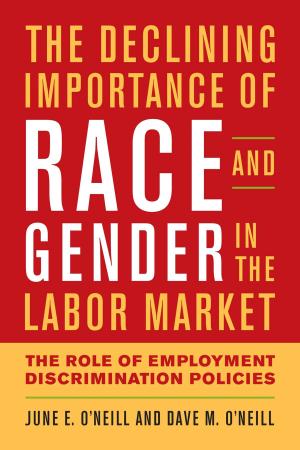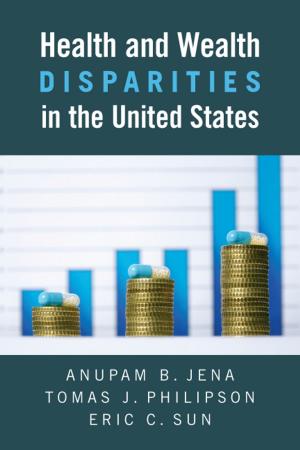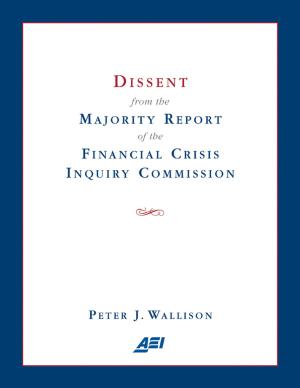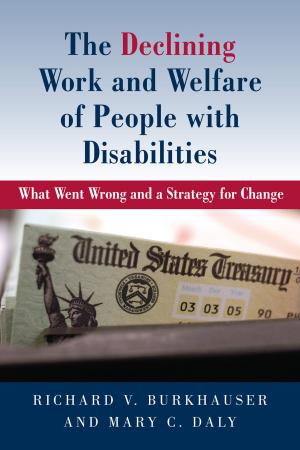Using Marginal Damages in Environmental Policy
A Study of Air Pollution in the United States
Business & Finance, Economics, Public Finance, Development & Growth| Author: | Robert O. Mendelsohn, Nicholas Z. Muller | ISBN: | 9780844772202 |
| Publisher: | AEI Press | Publication: | January 19, 2013 |
| Imprint: | AEI Press | Language: | English |
| Author: | Robert O. Mendelsohn, Nicholas Z. Muller |
| ISBN: | 9780844772202 |
| Publisher: | AEI Press |
| Publication: | January 19, 2013 |
| Imprint: | AEI Press |
| Language: | English |
This technical volume makes the case that air pollution policy in the United States can be improved through consideration of both the marginal abatement costs facing regulated sources, and the marginal damages associated with their emissions. The preferred approach is a fully efficient regulatory scheme. Recognizing that completely reforming today's regulatory program, which consists of a mix of command-and-control policies and cap-and-trade programs, is not likely to be easy in the short run, the authors propose a prioritization scheme for regulatory reform. This scheme ranks sources according to the net marginal damage of additional emissions. Policymakers should focus reforms on those sources and pollutants with the largest differences between marginal damages and marginal costs; this will yield the greatest return on incremental investments in abatement.
This technical volume makes the case that air pollution policy in the United States can be improved through consideration of both the marginal abatement costs facing regulated sources, and the marginal damages associated with their emissions. The preferred approach is a fully efficient regulatory scheme. Recognizing that completely reforming today's regulatory program, which consists of a mix of command-and-control policies and cap-and-trade programs, is not likely to be easy in the short run, the authors propose a prioritization scheme for regulatory reform. This scheme ranks sources according to the net marginal damage of additional emissions. Policymakers should focus reforms on those sources and pollutants with the largest differences between marginal damages and marginal costs; this will yield the greatest return on incremental investments in abatement.















